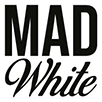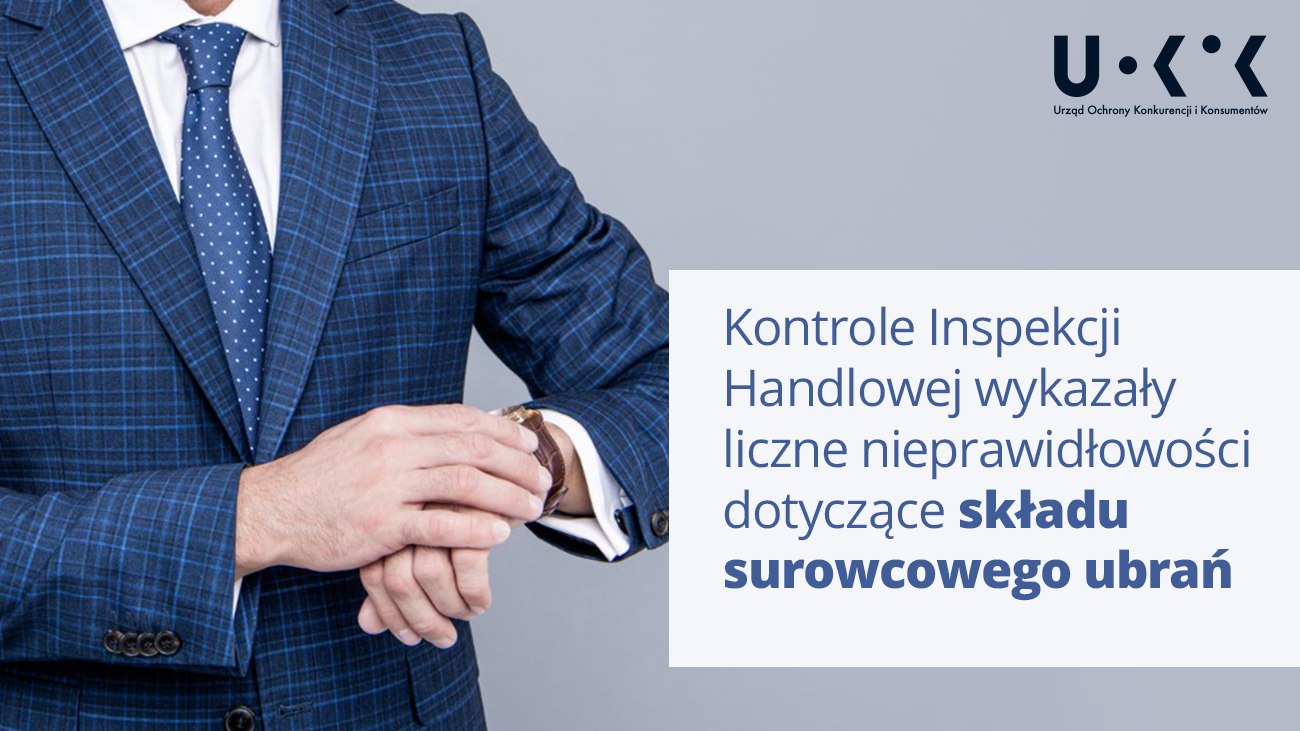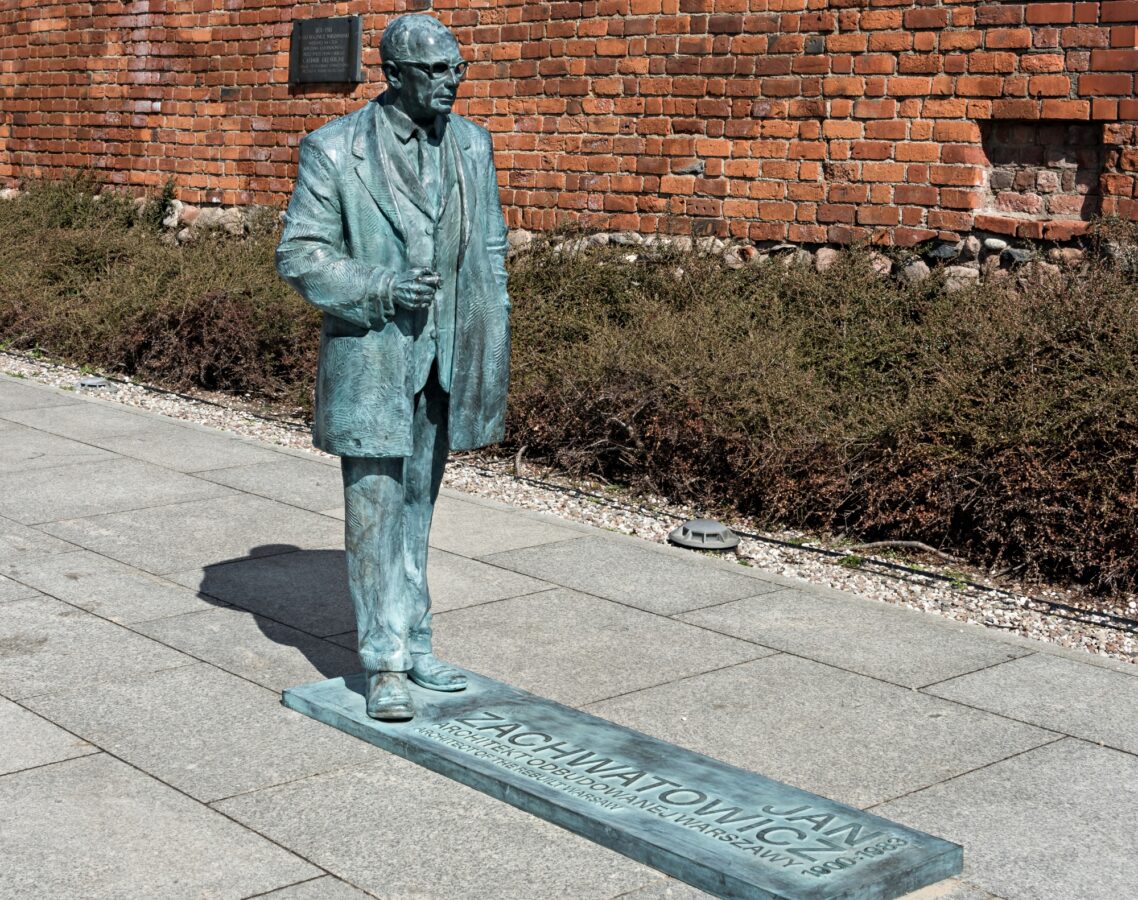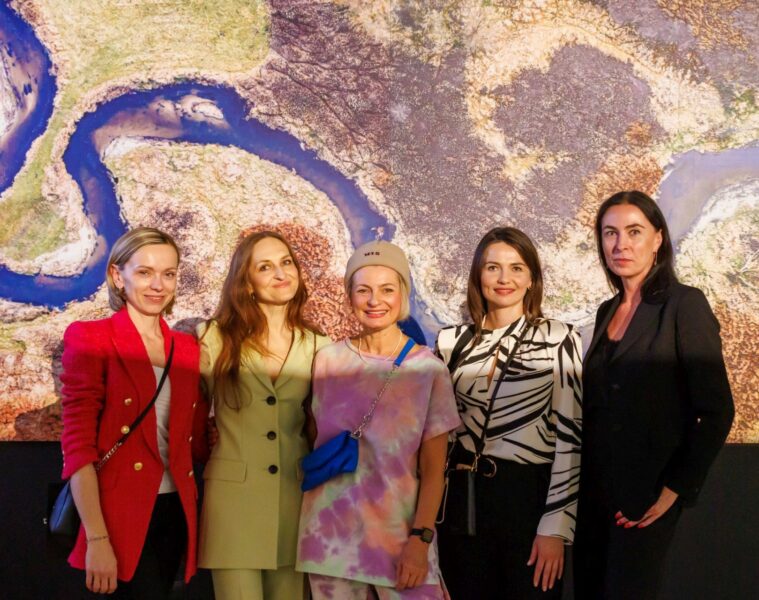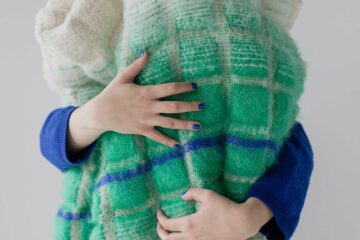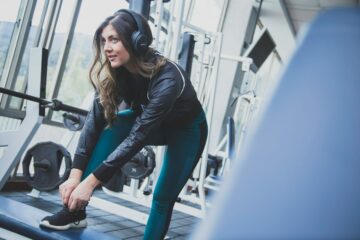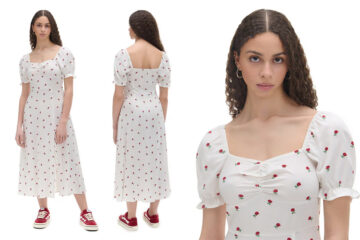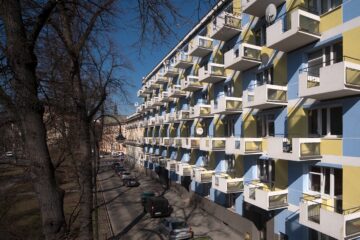The fashion for fraud continues. Unfortunately, this applies to almost every industry and to businesses of almost every size. However, it is sad when a well-known and respected Polish clothing company deceives customers and in an extremely arrogant manner. The President of the Office of Consumer and Competition Protection (UOKiK), Tomasz Chróstny, has brought charges of misleading consumers against the companies Lord and Polskie Sklepy Odzieżowe (Lavard brand), which misrepresented the composition of the clothes they sold in their stores. It turns out that the misrepresentations were particularly brazen. For example, some clothes that were supposed to consist of 80 per cent wool contained no wool at all. As it turns out, there are plenty of such examples. Shame!
Let’s start by asking why the composition of a garment should be stated at all. The question seems trivial, but for some users, the composition of the clothes is very important for their health. Probably everyone is aware that we judge the quality of a garment based on its composition. If we see that something is made of high-quality materials, we subconsciously judge the product as better or more valuable, and are therefore able to pay more for it. Another consideration is the application, use, or maintenance of the garment. An incorrectly stated composition can cause the clothes to deteriorate more quickly in, for example, washing. The next issue, which in our opinion is the most important, is health. Allergy sufferers are a group that checks the composition of clothes extremely carefully, because it only takes one wrongly chosen raw material from which the clothes are made and the customer may run into health problems
Consumers have no way of verifying the data provided on labels or tags themselves and are forced to trust the specifications provided by the manufacturer or distributor. It turns out that this trust has just been trampled on, as inspections by the Trade Inspection and detailed laboratory tests have shown cases in which the raw material composition of clothes declared by distributors of the Lord and Lavard brands was not in line with reality – consumers were misled about the type and percentage composition of the fibres used
The most blunt example of the lie is the Suit – by the way named – Exclusive, which according to the label consisted of 80 per cent wool. As it turns out, there is no wool in its composition at all, only polyester – 63.1 per cent, viscose – 33.9 per cent and elastane – 3 per cent
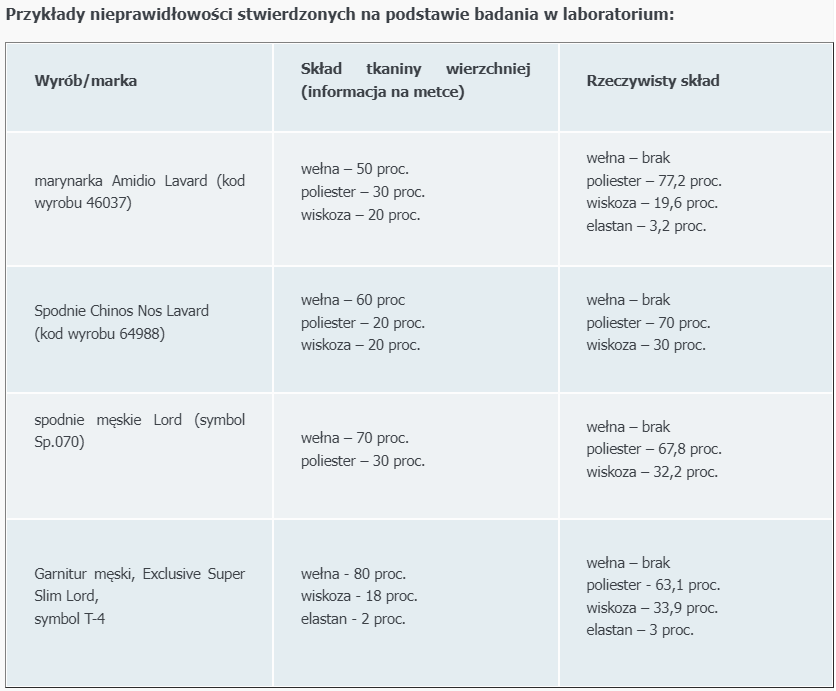
Lavard with a fine from the UOKiK
“Consumers have the right to reliable information about the characteristics and quality of a product, this is essential to make an informed purchasing decision. In the case of clothing, buyers cannot check for themselves whether the specification appearing on the label or the tag is true. They should be able to rely on the specifications given by the trader responsible for the product. We come to the aid of consumers and test the composition of various products in accredited laboratories of the OCCP to determine whether the declarations are true. We periodically inspect garments and check their quality to ensure that consumers have access to correct information on the composition of the raw material,” says UOKiK President Tomasz Chróstny
From the documentation in the possession of the OCCP provided by the Trade Inspection for the purposes of the current investigations, it follows that out of the examined
- 11 samples of clothes of the Lord brand – as many as 10 did not have the declared raw material composition,
- 27 samples of clothes of the Lavard brand – as many as 24 did not have the declared material composition
UOKiK, in cooperation with the Trade Inspection, regularly checks the labelling and quality of clothes available in wholesalers and shops – women’s, men’s and children’s clothes are tested. Inspectors assessed 780 batches of men’s formalwear in 2021. The percentage of irregularities is unfortunately still comparable to that in previous years – 26 per cent
